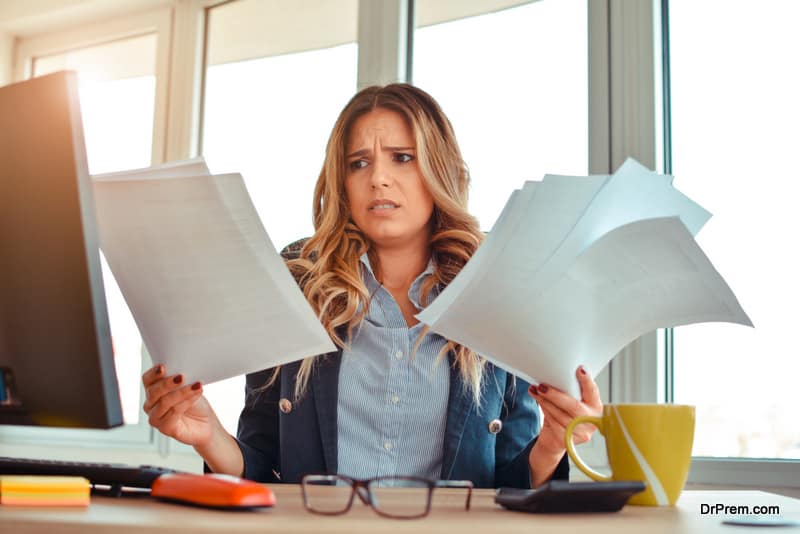Menstrual cramps or pain known by the medical term Dysmenorrhea can be sometimes so severe that it can even stand in the way of daily activities. Here are some ways to help you deal with period cramps.
Indulge in healthy eating
It is important to have a healthy food habit to manage menstrual cramps or pains. A variety of fruits and veggies have to be consumed during this time. Indulge in more liquids and fiber-rich foods to cleanse your system of surplus estrogen (which is often the cause of heavier and aching periods and cramps). Indulge in nutritional supplements and foods that are rich in complex carbohydrates. Vitamin E, thiamine, and Omega-3 supplements are known to reduce pains and cramps associated with period. Increase the intake of calcium and magnesium during periods, which assist in lessening muscle soreness.
Increased magnesium levels relax muscles and helps in relieving period cramps. Foods that contain good level of this mineral are whole grains, almonds, peanuts, cashews, beans and legumes, bananas, etc. Approximately 1200 mg of calcium in two divided doses and 250 mg of magnesium have to be taken regularly. Deficiency of Vitamin K also causes cramps. Eat lots of bananas to get the adequate level of this vitamin and ease pain.
Engage yourself in mild exercises
Physical exercises will be the last thing that you want to do during periods. But, the truth is that engaging in mild exercises during menstrual cycle is really helpful. Instead of lying down in the bed the whole day, you can engage yourself in light exercises and movements. In contradiction to the popular belief, movement actually does not heighten pain. Walking, running, cycling, and pelvic rocking exercises will help in enhancing blood flow and overall serotonin levels, and thereby reduces cramps. If you are overweight, lose weight by doing regular aerobic exercise, yoga, and meditation. Exercises are the best method through which you can liberate toxins from your body, diminish swelling, boost flexibility, and ease pain. Simply taking a walk by swinging your hands can release the tension in the abdominal and pelvic muscles.
Refrain from doing exercises that will exert extra tension on your abdominal area. Mainly indulge in those exercises that stretch your joints. Doing butterfly stretches will help in calming down the uterus and cut cramps.
Keep sipping herbal tea
Many women have reported that drinking a cup of herbal tea helps a lot in coping with period cramps and pains. Most of the herbs have the capacity to reduce high levels of estrogen and prostaglandins, which causes menstrual discomfort. Chamomile tea is the most popular herbal tea that is used to reduce menstrual cramp. Other herbs such as catnip, saffron, raspberry, mint, and blackberry can also be used to make herbal tea. Herbs function as natural muscle relaxers. Herbal teas can be made by simply adding boiling water to the dried herbs. The hot decoction should be taken 3-4 times daily during period.
Use heating pads to get instant relief
Warm things are excellent in soothing cramps and pains. Heating pad is the most popular home remedy used by women all over the world to alleviate period cramp. Place heating pad on your lower back or abdomen to get comforting feeling. The heat boosts blood movement, resulting in more inflow of oxygen and nutrients to the contracted muscles. A heat wrap, such as ThermaCare heat wrap, can be used on the lower abdomen to get the same result. A wet kitchen towel can also be used in place of heating pad. Soaking in a hot tub or having a hot shower bath is another natural remedy that acts the same way as heating pad. The water temperature should be ideally maintained between 104 and 113 degrees.
Do regular health checkups
You should ensure that you go for regular health checkups. Tell your doctors about menstrual cramps and pains if it is too severe and unbearable. This will help you in discovering if the pain is caused by some underlying disorders such as infections, abnormal pregnancies, fibroids, cysts, endometriosis, etc. Fibroids often cause heavy periods and abdominal swellings. It is reported that at least 1 in 4 women develops one or more fibroids in their lifetime.





